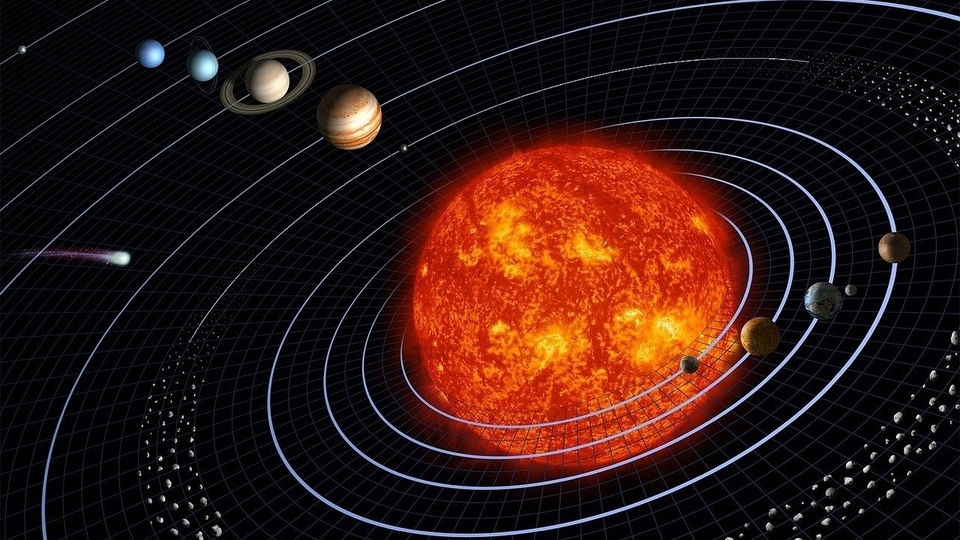Amazing! There are 2 other Jupiter sized planets; they will shock you
ESA’s Gaia spacecraft has discovered two planets as big as Jupiter.

Gaia spacecraft has discovered two planets as big as Jupiter. Significantly, both these Jupiter sized planets have been found in a distant region of our Milky Way Galaxy. The spacecraft has set a mission record by finding exoplanets Gaia-1b and Gaia-2b. The study was led by researchers at Tel Aviv University, in collaboration with European Space Agency (ESA) and Gaia spacecraft. The discovery was also verified by the Large Binocular Telescope in Arizona- one of the largest telescopes in the world. Gaia is a global space astrometry that deals with the positions and motions of celestial objects. It's focusing on building the most precise three-dimensional map of the Milky Way Galaxy by studying millions of stars.
"The discovery of the two new planets was made in the wake of precise searches, using methods of artificial intelligence," said co-author Shay Zucker, head of Tel Aviv University's Porter School of the Environment and Earth Sciences, in a statement. The findings were recently published in the journal Astronomy & Astrophysics.
These planets are simply shocking, the state that they are in. As per the official information, the two new planets are referred to as “Hot Jupiters” due to their size and proximity to their host star. Zucker also stated that the exoplanets are located so close to their Suns that they complete an orbit in less than four days.
Our Solar System has eight planets and there are hundreds of thousands of such solar planets in the Milky Way, however, many of them are yet to be found.
How does Gaia spot remote Solar Systems?
The ESA's Gaia spacecraft found these exoplanets while rotating about its axis and tracking the locations of about two billion stars. The Spacecraft not only tracks the locations of these stars, but also measures their brightness.
Meanwhile, the researchers have also published 40 more candidates detected by Gaia. Zucker said, "We have also published 40 more candidates we detected by Gaia. The astronomical community will now have to try to corroborate their planetary nature, like we did for the first two candidates."
Catch all the Latest Tech News, Mobile News, Laptop News, Gaming news, Wearables News , How To News, also keep up with us on Whatsapp channel,Twitter, Facebook, Google News, and Instagram. For our latest videos, subscribe to our YouTube channel.


























